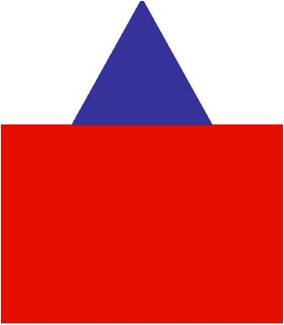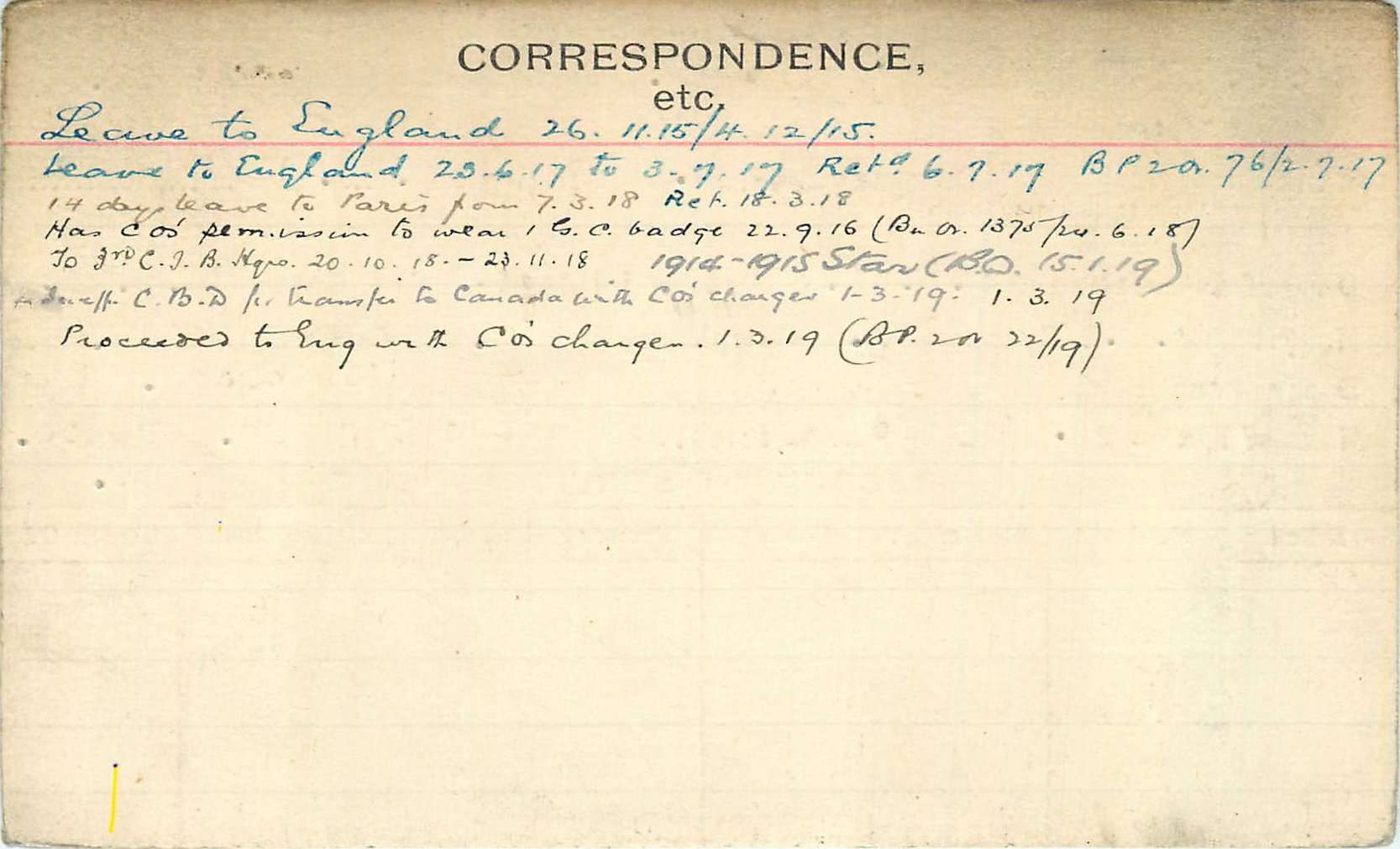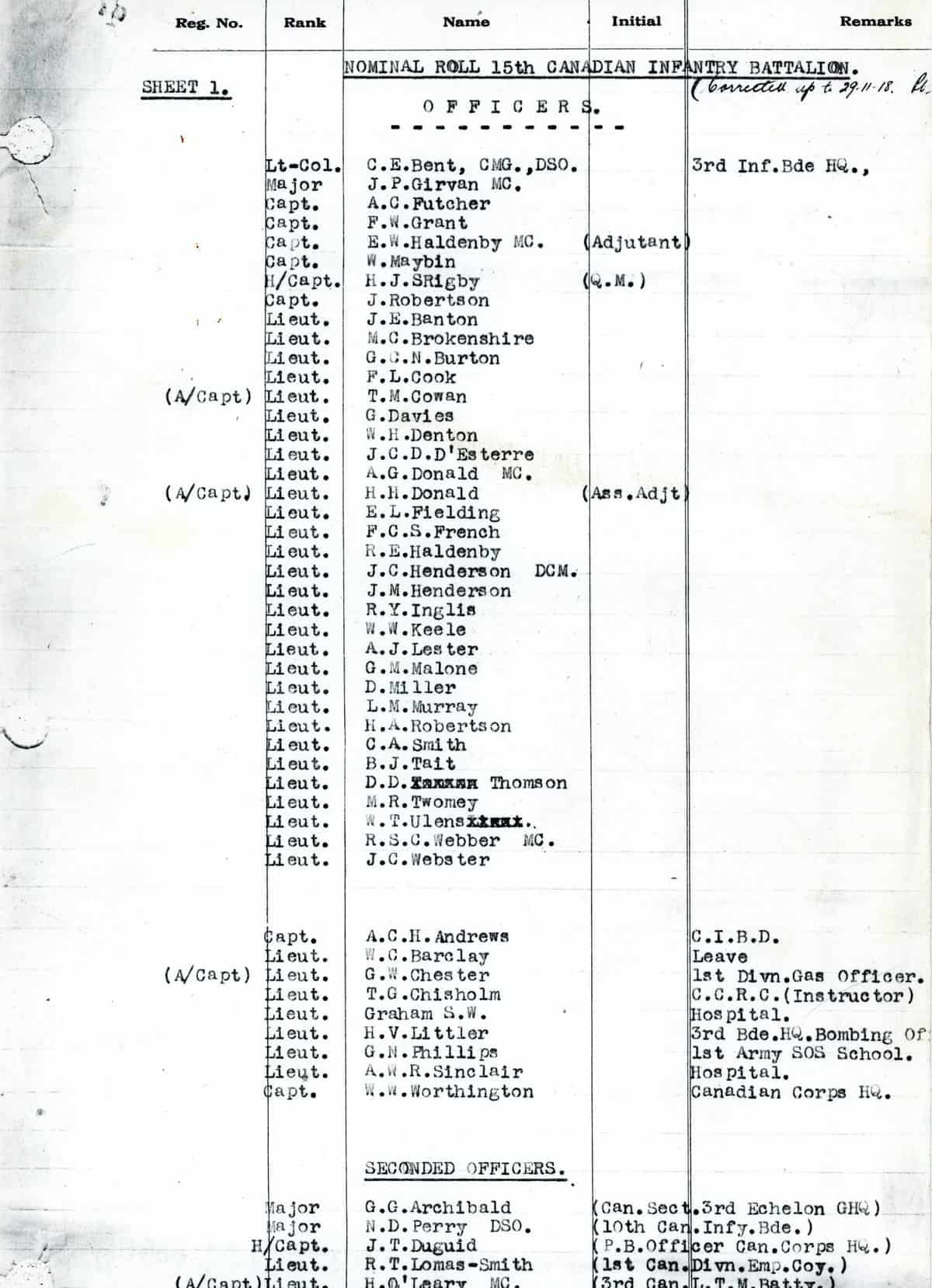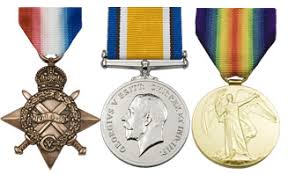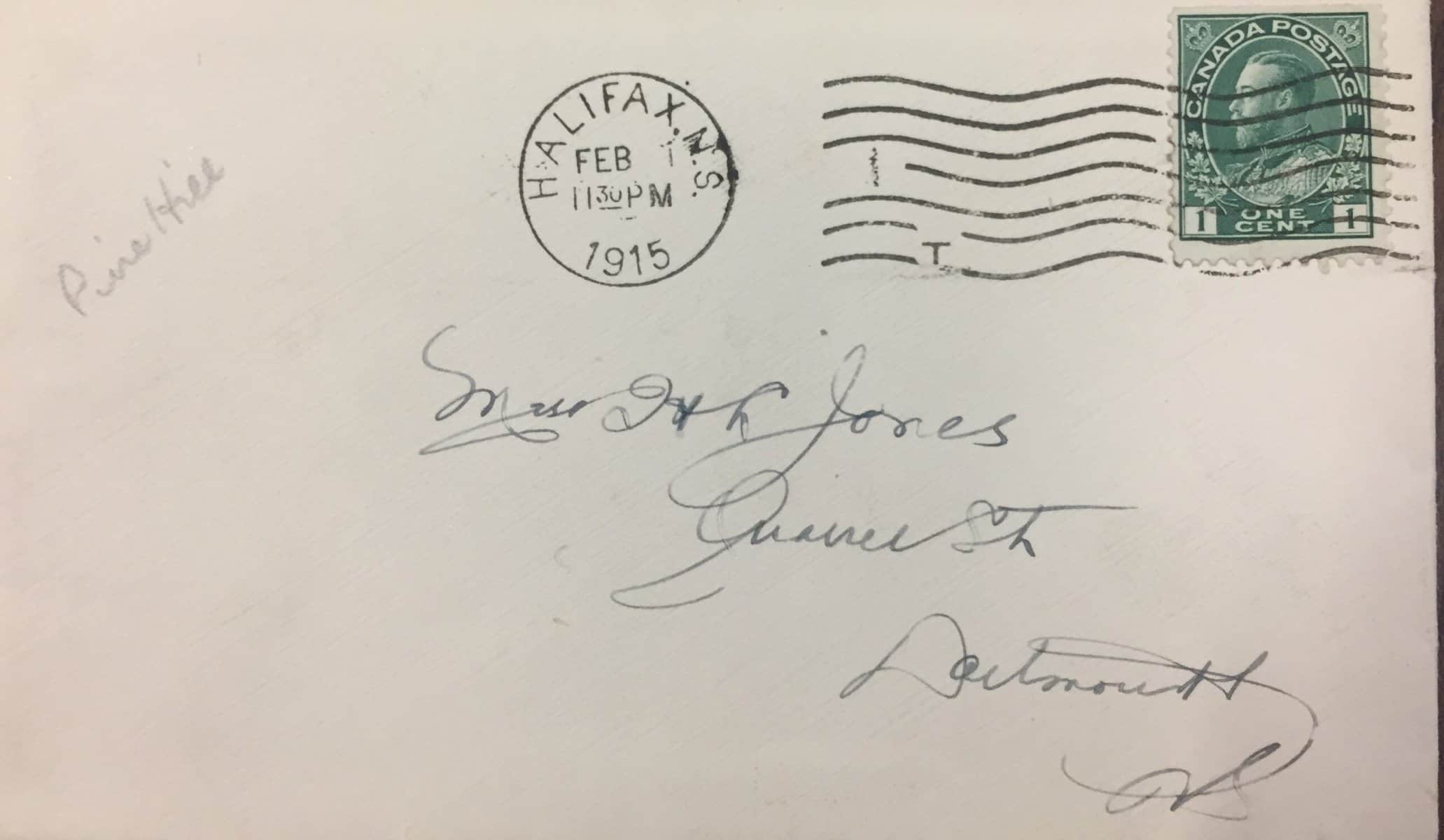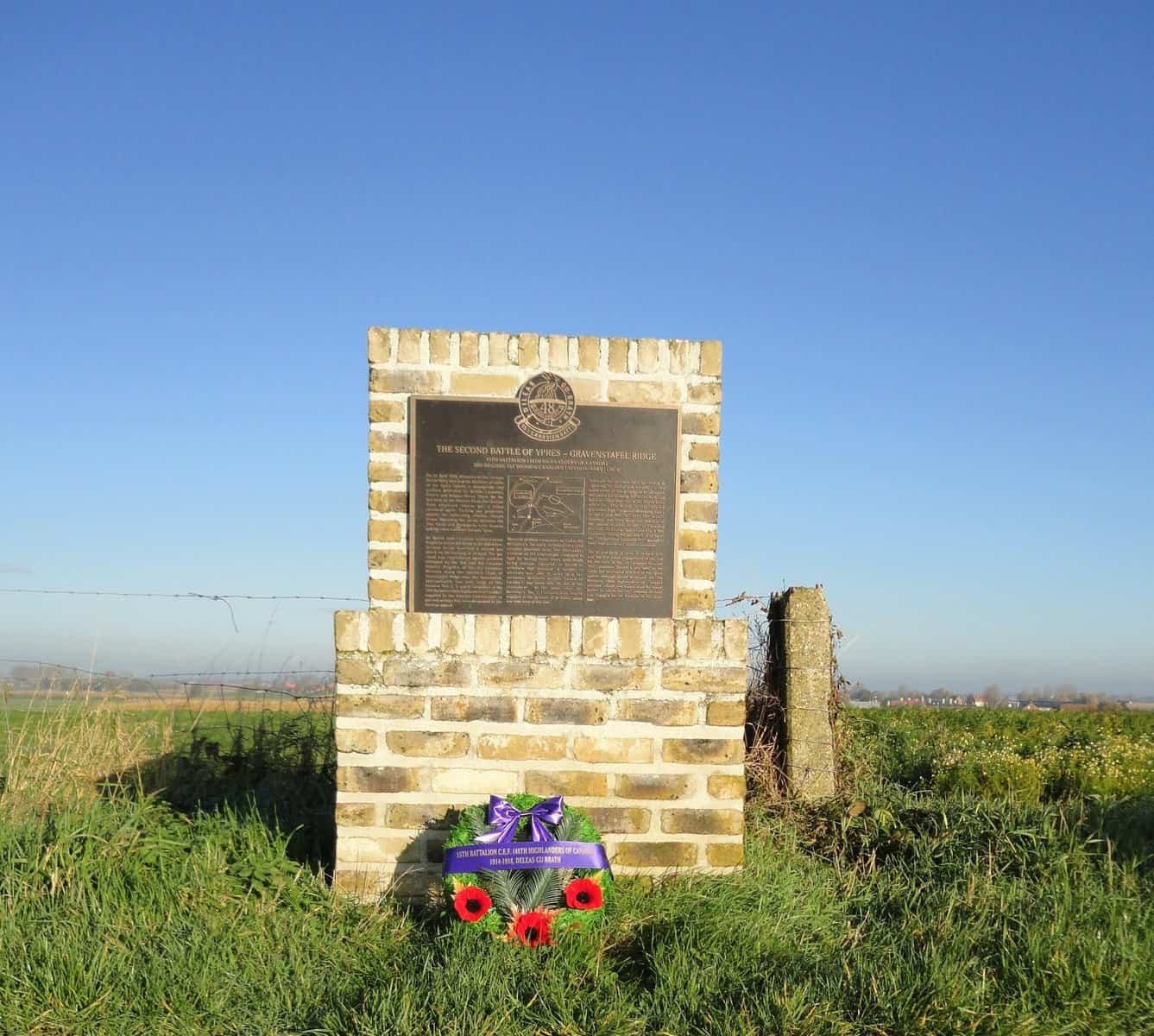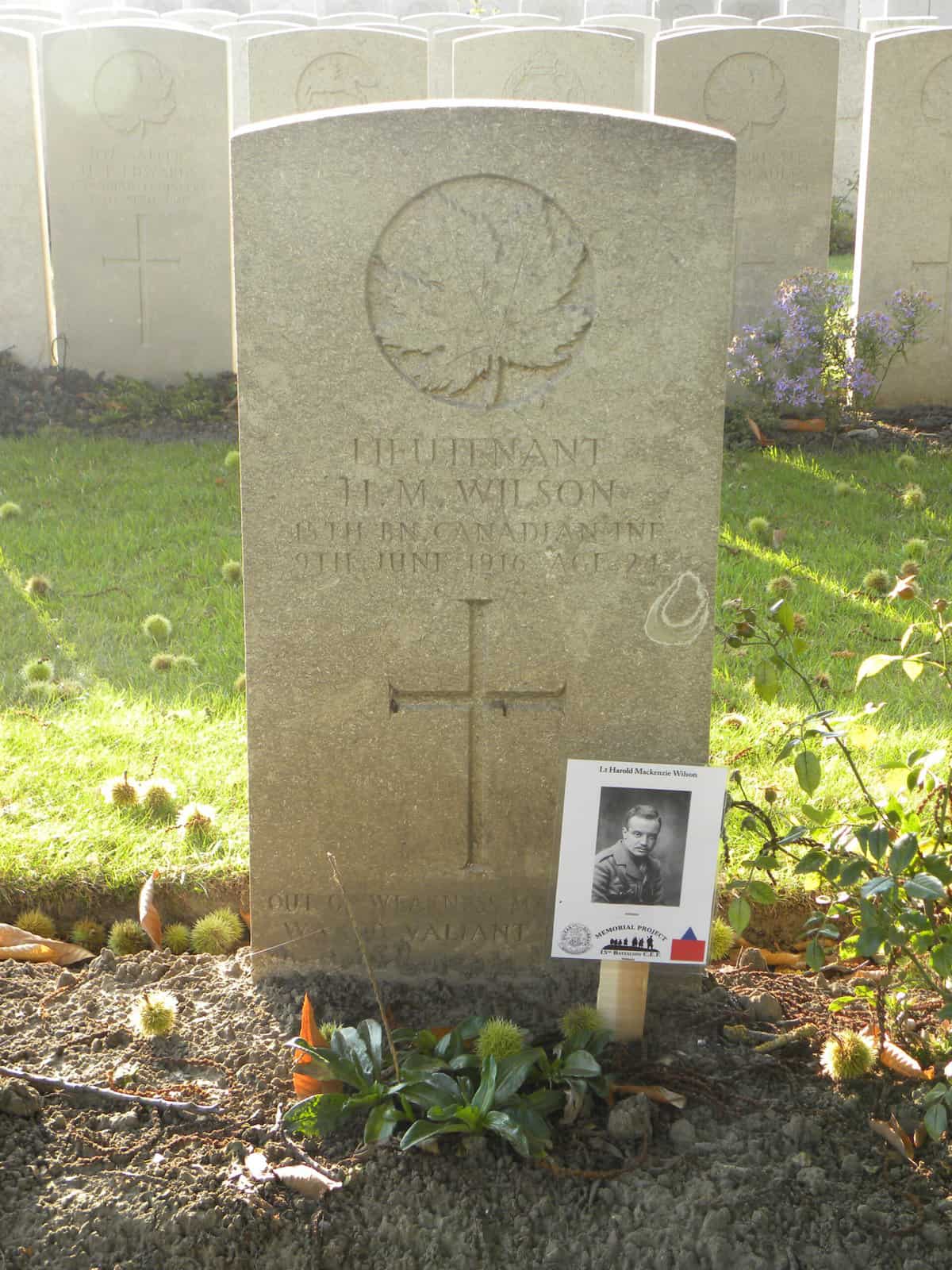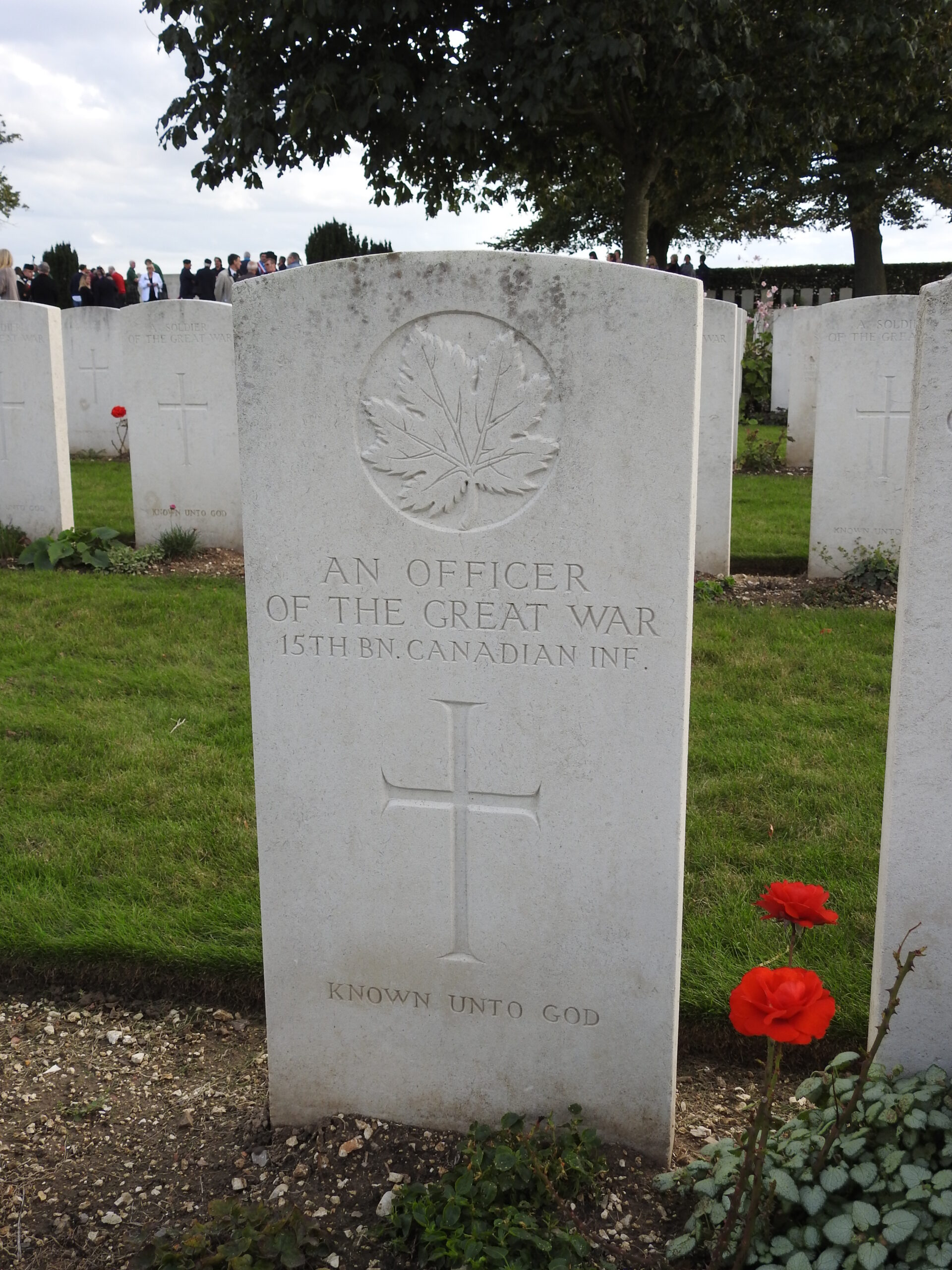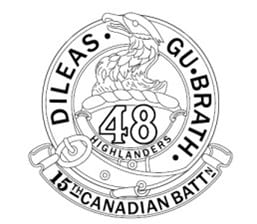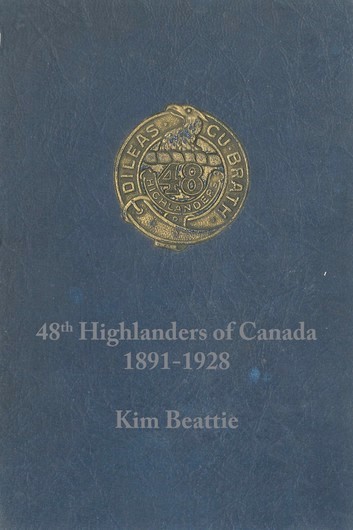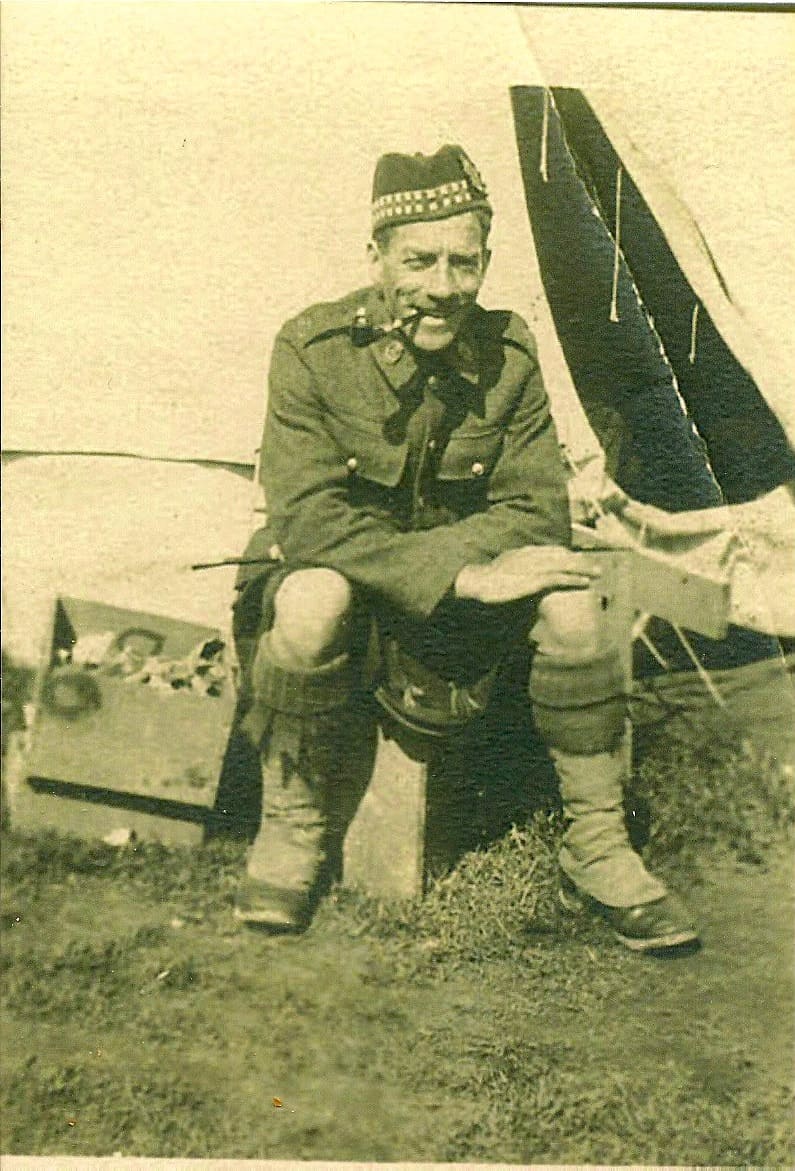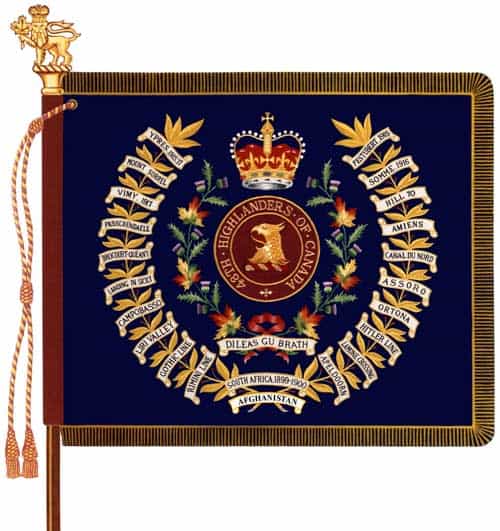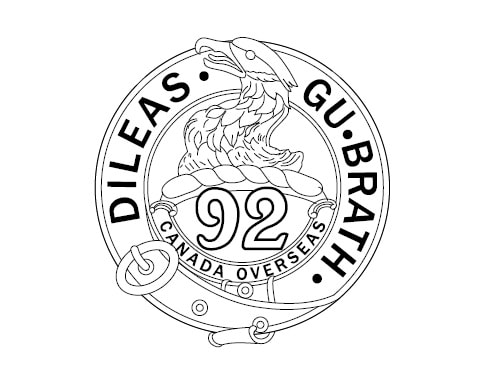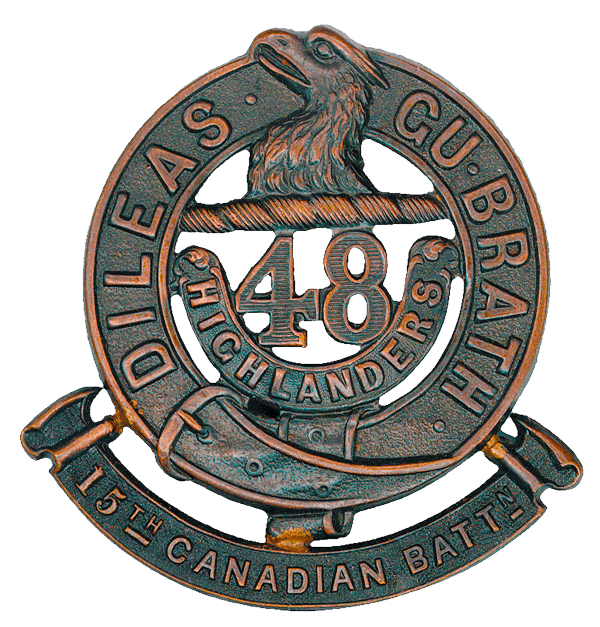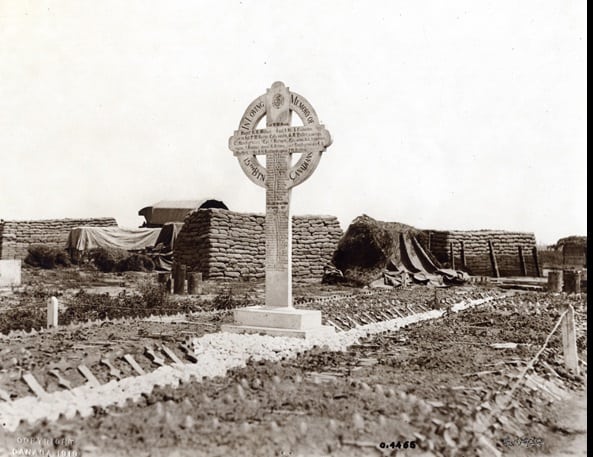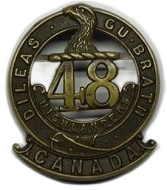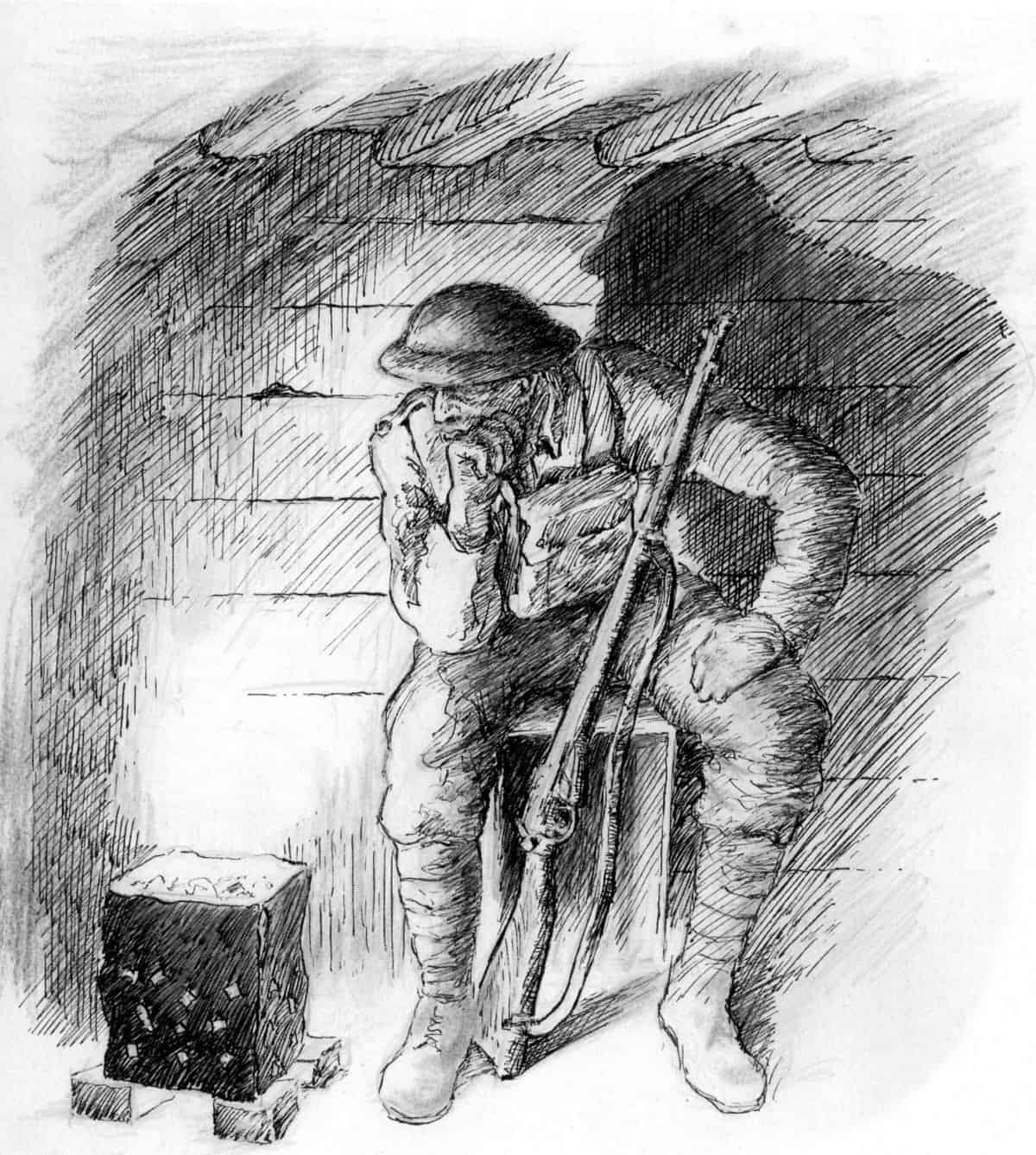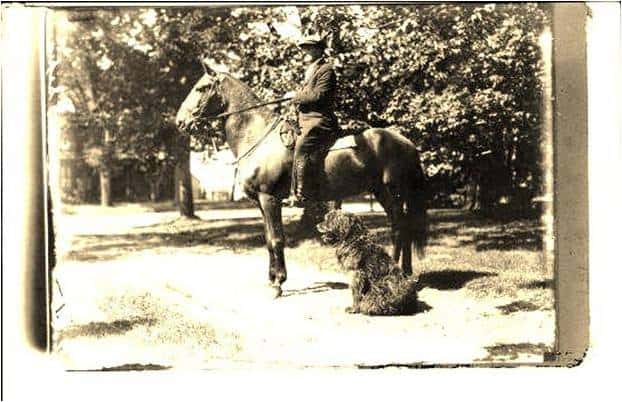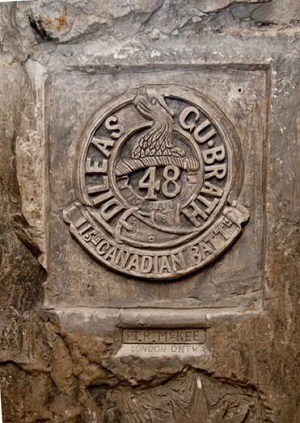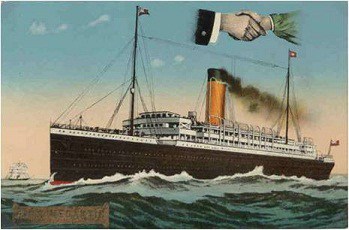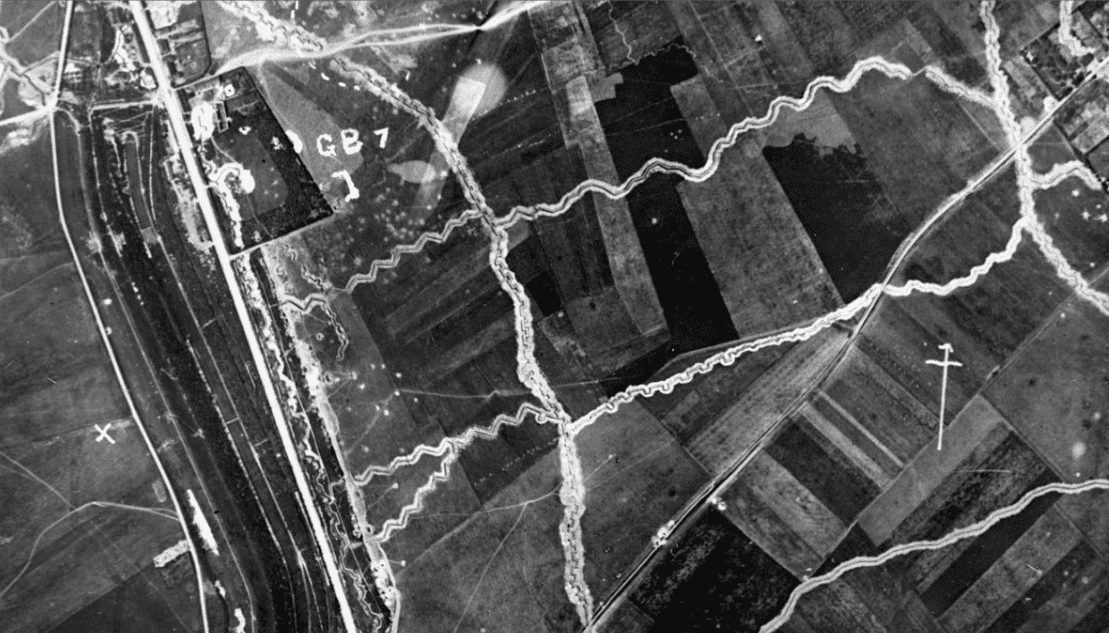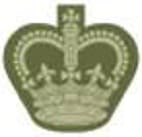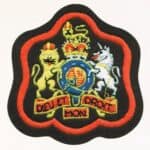Click image to learn more about each RSM on our museum web site
- Sgt-Maj W.H. Grant, MVO 1914 – 1916 (Left)
- RSM (WOI) J. Keith, DCM 1916 (Top centre)
- RSM (WOI) W. Fraser, DCM 1916 – 1917 (Right)
- RSM (WOI) F.C. Gledhill, DCM 1917 – 1919 (Bottom centre)
The battalion had one senior Non-Commissioned Officer holding the rank of Sergeant Major who was often referred to as “the regimental” and a number of Colour Sergeants – usually one per Company and some acting as Quarter Masters at the Battalion and Company level.
When the battalion adopted the newer British four company structure in 1915, the rank structure for senior Non-Commissioned Officers changed. The Sergeant Major and Colour Sergeant ranks were replaced with Warrant Officers who held their positions by virtue of a Warrant, vice a Commission (thus the seemingly redundant term above).
Warrant Officers rank below all commissioned officers, but above all non-commissioned officers, The Regimental Sergeant Major (R.S.M.) is the senior non-commissioned soldier in an infantry battalion. During the First World War, this appointment was held by the senior soldier at the rank of Warrant Officer, Class 2, and normally only one man on regimental duty held this rank. The term “Regimental Sergeant Major” itself starts to appear in contemporary documents such as individual service records about 1916.
The R.S.M. is the principal advisor to the Commanding Officer (C.O.) on matters of discipline, dress, deportment, and drill and ceremonial. He will also be relied upon for his experience to advise on methods and organization of training, and all manners of provision of support (personnel administration and logistics) within the battalion. The R.S.M. is the principal disciplinarian within the battalion for those matters which, because of their nature or severity, have not had to be referred for charges under the Kings Regulations and Orders. The RSM in the field oversaw the handling of prisoners of war, and various duties including the flow of ammunition forward and wounded men to the rear. While the C.O. will exercise command of the battalion through a chain-of-command consisting of the Company and Platoon Commanders, the R.S.M. has a parallel chain of communications through the Warrant Officers (i.e, the Company Sergeants Major) and the Sergeants within the Companies. This supplementary chain of communication ensures that the mood of the battalion and the complaints of the soldiers can be passed upward and eventually reach the C.O’s. ear as needed to help maintain order and discipline within the battalion.

